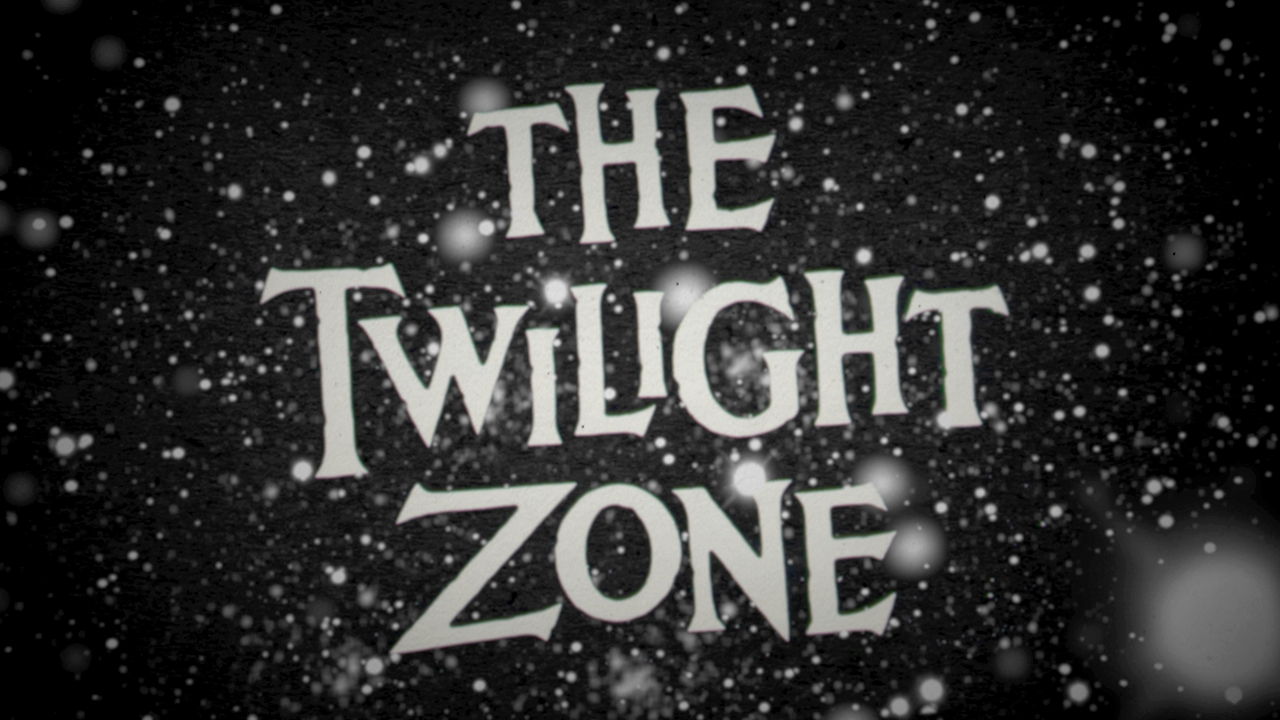If you felt like you were in The Twilight Zone while you watched Sony self-censor The Interview because of unreasonable demands by a faceless organization, you weren’t far off. If you haven’t yet seen this 1959 interview with Twilight Zone creator Rod Serling, now might be a good time to watch it. In it, Serling talks about how pressure from the bosses to shape his content for sponsors and the network’s unwillingness to address certain social issues pushed him to write one of the best television series ever made.
Speaking with Mike Wallace, The Twilight Zone creator said that he first began to chafe at the corporate brass when he was writing commercials for an unnamed cure-all medicine. He was asked to draft fake testimonial letters from people who had used the product and found themselves miraculously cured. That day, he decided to make his way writing fiction.
But the world of drama was also full of spineless bureaucrats who wanted to water down his work. He gave an example of an instance when he wanted to do a teleplay dramatizing the story of Emmett Till, the 14-year-old African-American boy who was murdered in Mississippi. He said that they altered the story, piece-by-piece, into an “emasculated … clean, antiseptically, rigidly — acceptable show.” He went on to explain another incident in which the phrase “gas chambers” was cut out of a show about the Nuremberg trails because it was too strong to be associated with a sponsor. Serling puts his feelings about this succinctly: “This is an example of sponsor interference which is so beyond logic, so beyond taste. This, I rebel against.”
The interview with Serling took place just as Serling was beginning The Twilight Zone’s 156-episode run. At the time, the executives had only changed one line in 18 scripts because they dealt “in the areas of fantasy and imagination and science fiction … there’s no opportunity to cop a plea or chop an axe.” That realm of “fantasy” was able to probe themes of segregation, women’s rights, out of control consumerism and any number of other topics that were taboo at the time. And all this was done with a diverse cast of actors in the lead roles that didn’t get much screen time in those days like women, minorities and old silent film stars.
The whole segment is fascinating and it’s hilarious to see Serling use his famous dramatic, staccato-delivery in everyday conversation.
So in those days, a genius was pushed to become more creative in order to get important points across about many things we take for granted. These days, we find ourselves in a situation where the president is giving official statements about a ridiculous comedy that most critics say sucks anyway and seems kind of racist. The takeaway is this: madmen and rogue fools will populate all generations from up high throughout time and place. Lunacy and cowardice is not subject to a calendar. Whenever it is, whoever it is, it’s a part of The Twilight Zone.
(Photo: Twilight Zone Promo)


